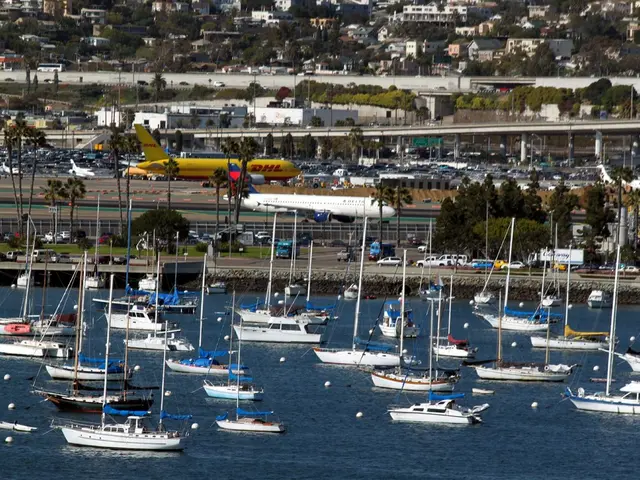IISD Warns: Green Energy Transition Risks Fueling Conflict
The International Institute for Sustainable Development (IISD) has released a report, 'Green Conflict Minerals', highlighting potential challenges in the transition to renewable energy. The study, which includes an interactive map visualizing mineral resources, raises concerns about the extraction of crucial minerals in fragile and corrupt states.
The IISD report identifies 23 key minerals vital for solar panels, wind turbines, electric vehicles, and energy storage technologies. Many of these minerals are found in states ranked as fragile or corrupt by the Transparency International's Corruption Perceptions Index and the Fund for Peace's Fragile States Index. The report warns that poor management of mineral acquisition for renewable energy technologies could lead to fuel fragility, conflict, and violence, as mining these minerals has already been linked with local grievances and tensions in some cases.
Several companies, such as Crespel & Deiters, Oventrop, HKS Metals, and Botament, are taking steps to address these issues. They are moving away from problematic raw material supply strategies and focusing on social responsibility. These companies are implementing sustainable practices and ensuring adherence to environmental and social standards in their supply chains. Apple, for instance, has launched the $300 million China Clean Energy Fund to clean up its supply chains. The upcoming EU Conflict Mineral Regulation is another step towards responsible international mineral supply chains, applying to almost 1,000 importers and 500 smelters and refiners of 3TG minerals.
The IISD's report underscores the importance of responsible, accountable, and transparent governance of mineral supply chains for sustainable development and climate change mitigation. As the world transitions to 100 percent renewable energy, it is crucial to address the potential issues in the supply of key minerals, ensuring that the low-carbon transition does not exacerbate conflict and violence in vulnerable regions.
Read also:
- Flu Vaccination Timing and Symptoms to Watch Out For
- Executives at Lipton Teas Recognized as Trailblazers in the Consumer Packaged Goods (CPG) sector by Top Women in Grocery
- Challenges in Advancing Cell and Gene Therapy: Balancing Innovation, Legislation, and Production hurdles
- Artist Ranjan Kaul's 'Within, Without' Explores Societal Issues







